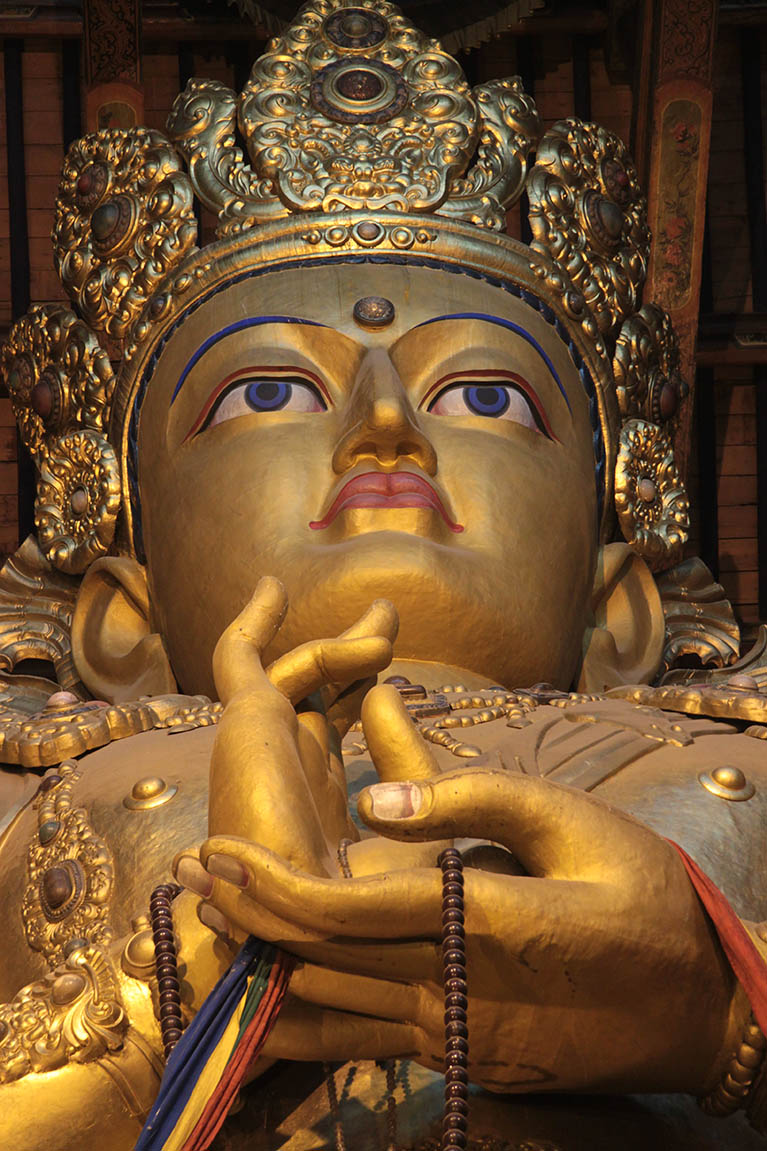
More broadly, he has worked to boost awareness of the situation in Tibet and promote the preservation of Tibetan culture. He has met widely with political and religious leaders, including the late Pope John Paul II. The Dalai Lama has taken his message to the United Nations and persuaded the world body to adopt resolutions calling for the protection of the Tibetan people on four occasions. He has sought to publicize the plight of Tibetans on the global stage. The Dalai Lama traditionally claims to be head of Tibet’s government. What is the Dalai Lama’s political significance? As such, the Dalai Lama is considered the spiritual leader of Tibet and one of Buddhism’s most important leaders anywhere. In Buddhist tradition, bodhisattvas are enlightened beings who chose rebirth, rather than moving on to the afterlife, in order to serve humanity. What is the Dalai Lama’s spiritual significance?Īccording to Buddhist belief, the Dalai Lamas are earthly incarnations of Avalokiteshvara or Chenrezig, the bodhisattva of compassion and patron saint of Tibet. The Dalai Lama states on his Web site that he does not seek to separate Tibet from China, but rather advocates a “middle-way approach whereby Tibet remains within the People’s Republic of China enjoying a high degree of self-rule or autonomy.”


The Dalai Lama has led an effective government-in-exile based in India since fleeing his homeland in 1959 amid a failed Tibetan uprising against Chinese rule.

The Dalai Lama remains immensely popular in Tibet. China, which has ruled Tibet with a heavy hand since its forces invaded in 1951, considers the Dalai Lama a separatist and traitor for advocating Tibetan self-rule.


 0 kommentar(er)
0 kommentar(er)
